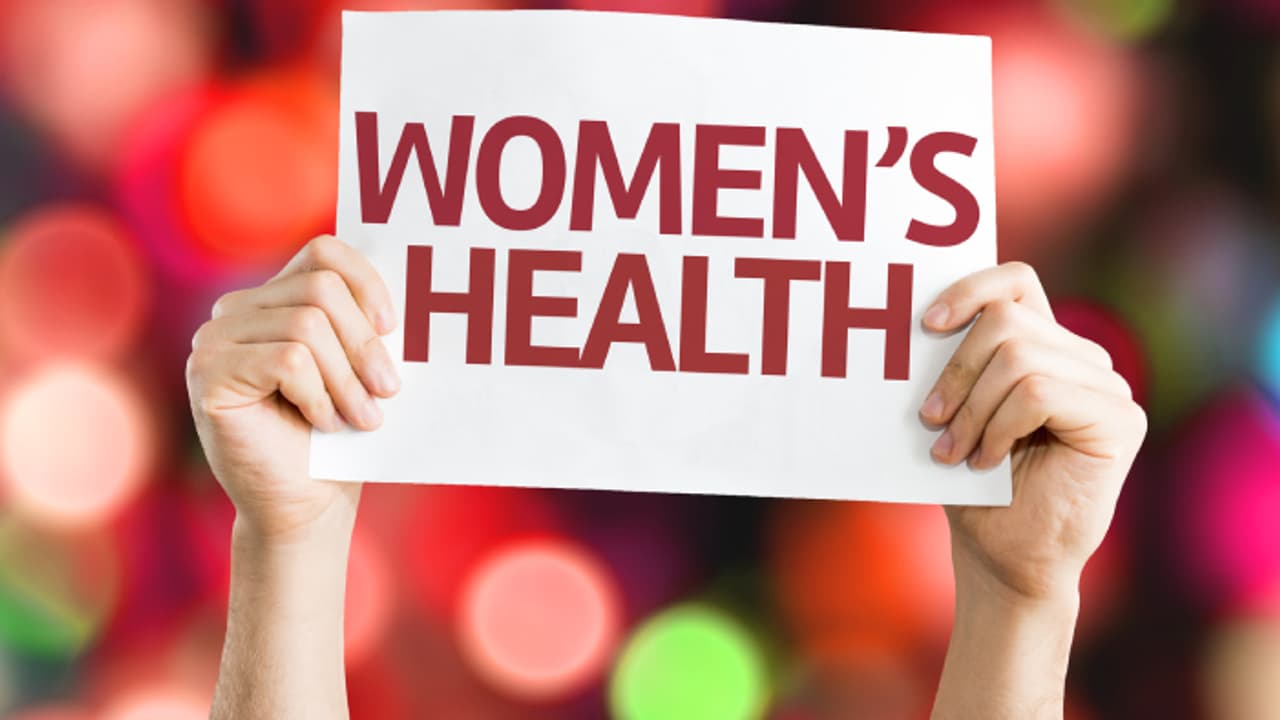Beyond reproductive health and breast cancer, many lesser-known women's health issues affect overall well-being—understanding and addressing them is key to a healthier life.
Women's health is not breast cancer and reproductive health alone. There are several women's health conditions that are not very common but play an important role in the life of women. Because they are not so popular, they do not receive much attention based on ignorance or social stigma. It is important to know about them and how to deal with them to have a healthy life.

Lesser known Women’s health issues:
1. Polycystic Ovary Syndrome (PCOS)
PCOS is an ailment found in millions of women worldwide, which leads to irregular periods, weight gain, hirsutism, and infertility. Besides the reproductive sphere, it may also predispose to diabetes and heart disease.
How to Keep It Under Check:
Consume a healthy diet of whole grains, greens, and lean protein.
Regular exercise keeps the body's insulin sensitivity improved.
Consult medical opinion on hormonal medication or dietary change.
2. Endometriosis
Endometriosis is the growth of uterine lining-like tissue outside the uterus, causing pain, infertility, and gastrointestinal disturbances. Because it has a tendency to confuse with normal menstrual cramping, the majority of women go undiagnosed for years.
How to Treat It:
Track symptoms and consult a doctor if there is recurring pain.
Treat with hormonal therapy or surgery in extreme cases.
Experiment with pain control methods such as acupuncture or anti-inflammatory diets.
3. Osteoporosis
Although osteoporosis is invariably associated with aging, women lose bone density well in advance in their life following hormonal changes, especially post-menopause. Weaker bones equal higher risks of fractures that have devastating effects on mobility and lifestyle.
How to Treat It:
Consume calcium-rich foods such as dairy foods, greens, and nuts.
Engage in weight-bearing exercise like walking or weight training.
Monitor bone density with regular health check-ups.
4. Autoimmune Disorders
Women are also more likely to suffer from autoimmune diseases like Hashimoto's thyroiditis, lupus, and rheumatoid arthritis, which present with symptoms of fatigue, joint pains, and abnormalities in the form of internal organs. With such diverse symptoms, diagnosis can be an eternity.
How to Conquer It
Use a symptom diary as a diagnosis guide.
Take an anti-inflammatory diet to manage symptoms.
Employ a healthcare provider to individualize medication and lifestyle choices.
5. Pelvic Floor Disorders
Pelvic floor dysfunction, like urinary incontinence and prolapse, usually occurs in women post-childbearing, but can be initiated by age, repetitive heavy lifting, or long-term constipation. It impacts quality of life and self-esteem, but is never discussed.
How to Cope:
Perform pelvic floor exercises (Kegels) to enhance muscle strength.
Call on physical therapy in dire circumstances.
Avoid straining too hard on the bowel.
6. Perimenopause & Mental Health
Perimenopause, the menopause transition phase, introduces the hormonal changes in mood, sleep, and brain function. Anxiety, depression, and memory problems typically occur but are dismissed as "normal aging."
How to Deal with It:
Employ hormone therapy or natural supplements like flaxseed and soy.
Employ a right sleep routine to allow mood stability.
Stay active and do stress-relieving activities like yoga or meditation.
A majority of women battle these lesser familiar diseases quietly due to ignorance or stigma. Educating themselves about these diseases and taking proactive steps, women can improve their overall well-being and way of life. Placing routine check-ups, lifestyle modification, and open talks about these matters at the forefront of the agenda will lead to better health care.


